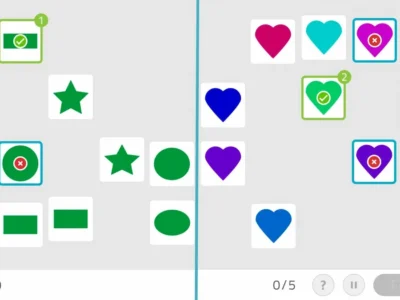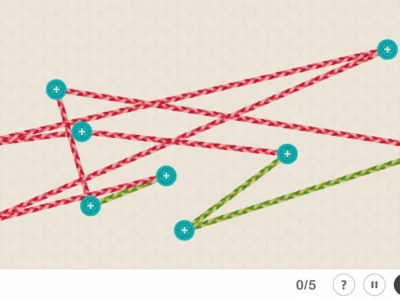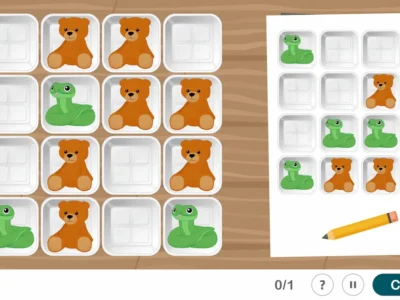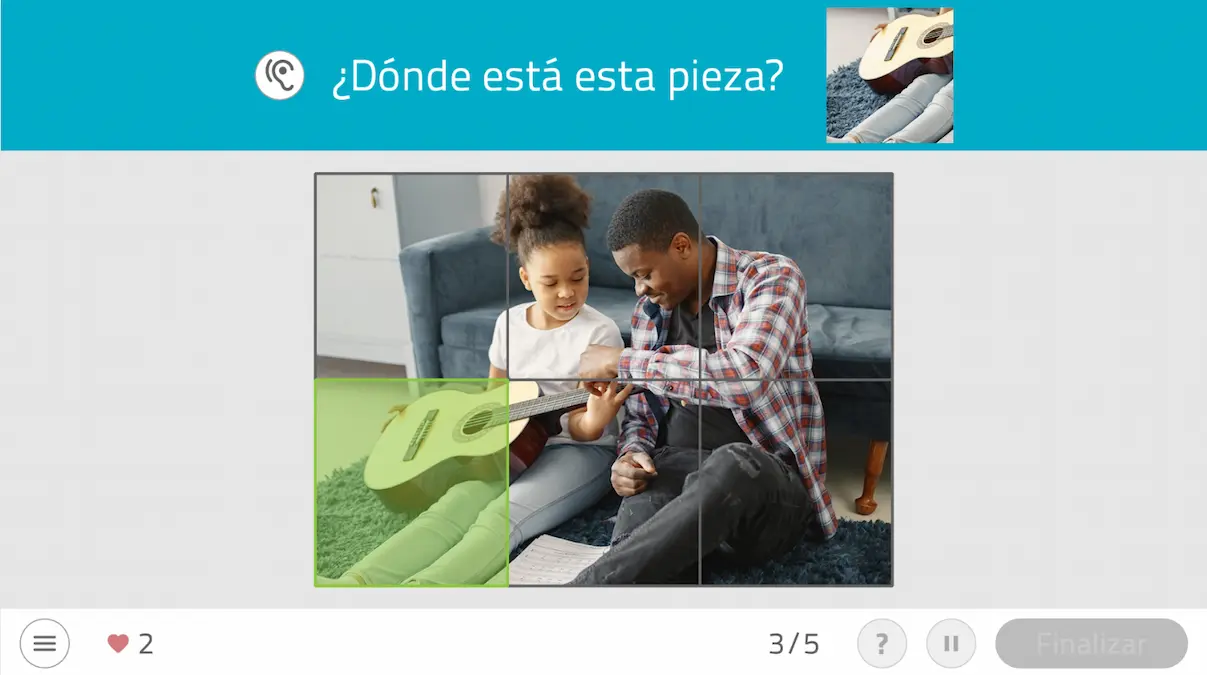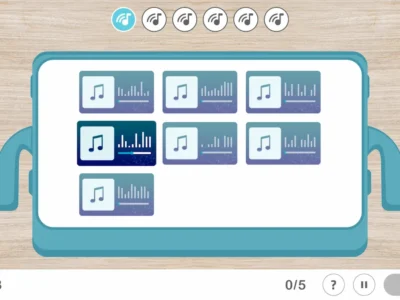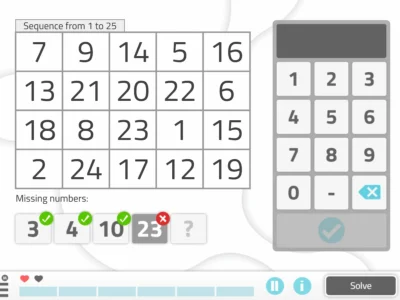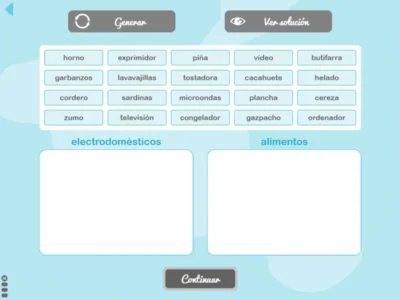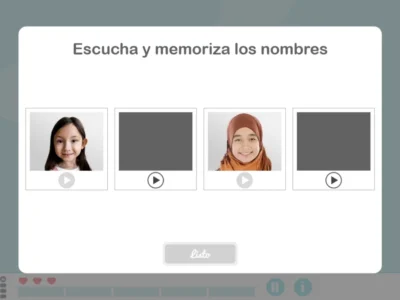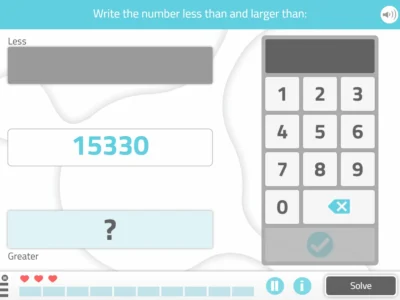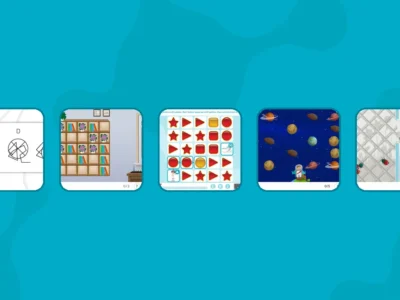Areas of Intervention
NeuronUP offers thousands of exercises, tools and simulators for everyday life. Classified by areas of intervention, they allow you to work on basic cognitive functions, activities of daily life as well as social skills.
An adapted and personalized intervention
Neuropsychologically effective rehabilitation involves reducing functional limitations and increasing the subject’s ability to carry out activities of daily living. To achieve this, work has to be done at different levels, from the most basic cognitive processes to the more complex skills. To facilitate the design of a cognitive rehabilitation profile adjusted for each person and their needs, we have made an exhaustive classification of the different areas of intervention, taking into account that many activities involve diverse cognitive processes and thus have been coordinated together.
Cognitive Functions
Cognitive functions are mental processes that allow us to carry out any task. They allow the subject to have an active role in the processes of receiving, choosing, transforming, storing, processing and retrieval of information, allowing the subject to navigate the world around him.
Activities of daily living (ADLs)
Also called “areas of occupation”, ADLs include all activities of daily life that have value and particular meaning for a person as well as a purpose.
The occupations are central to a person’s identity and abilities, and influence the way in which one uses his or her time and makes decisions.
Social Skills
Social skills are the set of behavioral strategies and the ability to implement those behaviors that help solve a social situation effectively; in a manner acceptable to both an individual and the social context in which the individual finds him/herself.
Theoretical Framework
NeuronUP is based on a consistent theoretical framework overseen by a committee of scientific experts.
